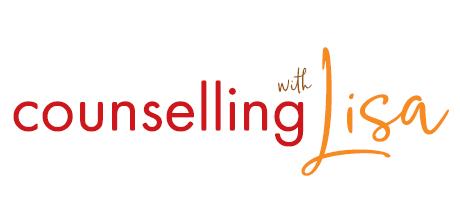
General Wellness
I take a holistic approach to wellness. There are multiple types of wellness: physical, emotional, psychological, spiritual and the inter-connection of all four types of wellness within the person. If you aren’t feeling well in one part of yourself, it can impact the rest of your person. Sometimes you might not know what is wrong, but you just feel off, maybe have a feeling that you aren’t the person you know yourself to be. Other times you might have a mental health diagnosis and want to work with the symptoms you have discussed with your doctor. In either case, counselling can be helpful.
Anxiety
Anxiety can be described as a feeling of worry, nervousness or unease about something with an uncertain outcome. There can be a strong desire to focus on what will happen, focusing on the future rather than the present moment. Anxiety can be associated with feelings of fear and can be expressed through anger or frustration with life in general. Sometimes you may experience panic attacks which are physical experiences of anxiety where the breath becomes short, you might feel like your heart is racing, your hands might shake, or your body might sweat a lot. Counselling can help decrease the number of panic attacks and bring your anxiety to a point where you feel more stable in life.
Depression
Depression can be described as a feeling of sadness, lethargy, or despondency. You might describe it as a weight on your body holding you down, a fuzzy blanket thrown over your experiences of the world or holding anger inside your stomach. You might have periods of crying, feel angry or on the flip side feel disconnected from the world, and find it hard to enjoy everyday life. People living with depression can have thoughts of suicide. Counselling can help find a reason to live even if it is just for the next day or the next hour, getting through it one step at a time.
Goal Setting
Setting goals can be a way to help promote change in your life. If you know the destination it is easier to plan the route of how to get there. Some people work better with small goals, some work better with big goals. Either way, sometimes you need help staying on track, counselling can help figure out what is behind that procrastination or reluctance to change.
Anti-Oppression
Anti-oppression is a social and political theory that examines the systems of power in society. People’s identities and daily lives are shaped by these systems of power on multiple levels; race, gender, class, ability, sexual identity, legal status and many more. Your identity holds multiple intersecting experiences of oppression and privilege, shaping the barriers you face, the opportunities available to you, and how others perceive you. Understanding anti-oppression can give meaning and shape to your experiences in society.
Self-Esteem and Self Identity
Self-esteem can refer to the worth you feel about yourself and your abilities. It can impact the level of confidence or self-respect you feel. There can be many reasons why you might have lower self-esteem. Messages from society, things you learned growing up, expectations and beliefs about yourself can all turn into negative self-talk that lowers self-esteem. Counselling can help break down and re-create yourself talk, building up your self-esteem.
Interpersonal and Relationship Issues
The way that you relate to others or communicate in relationships can have an impact on your general sense of well-being. Understanding your communication patterns can lead to understanding how you relate to other people. In your daily life you are surrounded by relationships of various types, and the dynamic of each type of relationship can effect the expectations and out come of that relationship.


